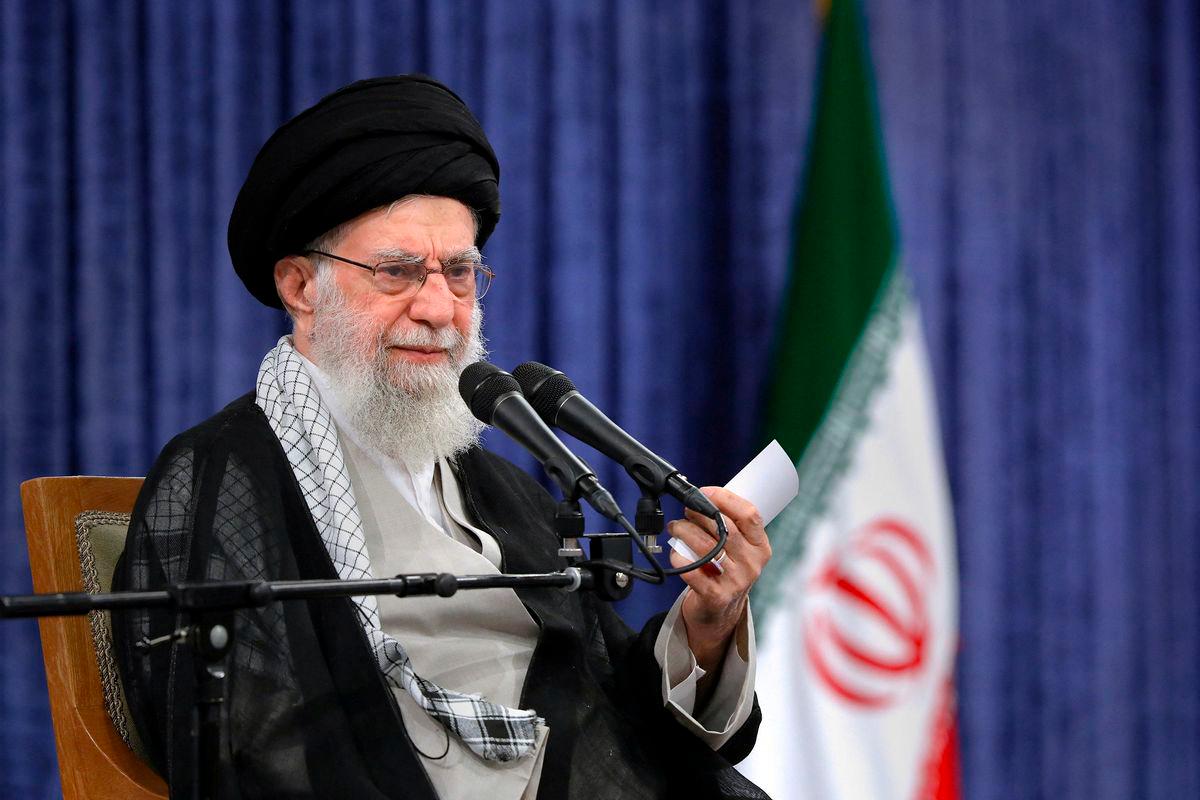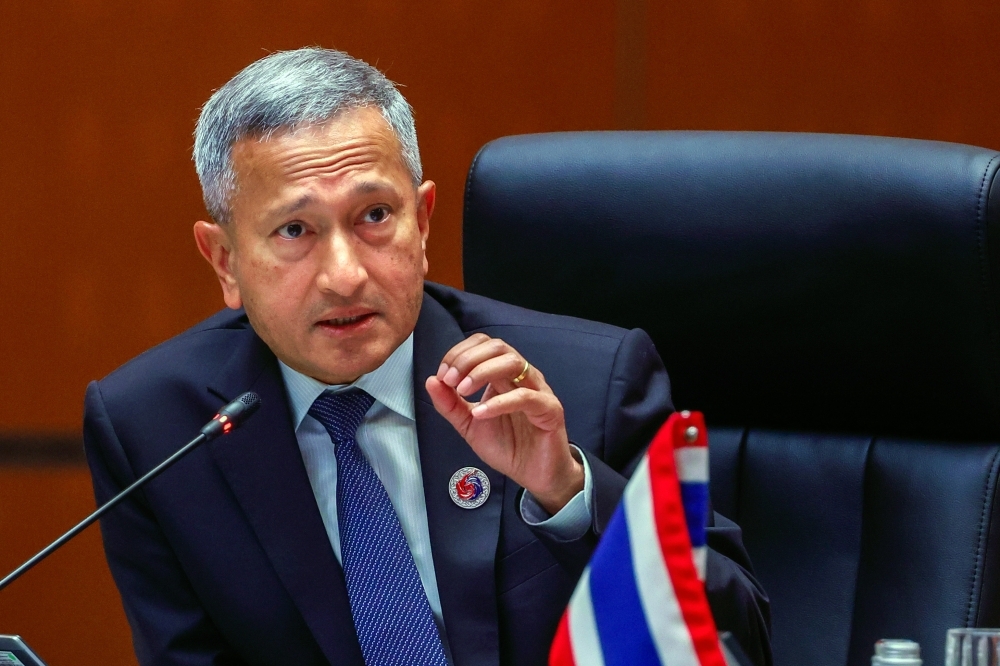TEHRAN – In a candid and emotionally charged speech on Tuesday, Iran’s Supreme Leader Ayatollah Ali Khamenei shared what many in Iran have come to feel after years of diplomatic back-and-forth — a deep skepticism about the possibility of meaningful progress in nuclear negotiations with the United States.
“We don’t think it will lead to any outcome. We don’t know what will happen,” Khamenei said, expressing not just political judgment but the exhaustion of a nation repeatedly thrown into cycles of hope and disappointment. He called Washington’s continued insistence on limiting Iran’s uranium enrichment “a big mistake,” defending what many Iranians see as their country’s sovereign right and scientific achievement.
Despite four rounds of indirect, Oman-mediated nuclear discussions since April, and both sides showing a willingness — at least publicly — to keep the doors of dialogue slightly open, trust remains thin. The last meeting on May 11 was described by Iran as “difficult but useful,” while a US official claimed to be “encouraged.” But that encouragement now feels like a distant echo amid growing frustration.
While Washington remains adamant that Iran must scale back its enrichment — a demand they view as essential to preventing nuclear weapons — Tehran insists its program is peaceful and non-negotiable. “The American side involved in these indirect negotiations should refrain from speaking nonsense,” Khamenei retorted, in what many see as a moment of emotional pushback rather than mere political rhetoric.
US officials, including chief negotiator Steve Witkoff, have insisted even “one percent of an enrichment capability” is unacceptable. But for Iran, enrichment has become more than a technical matter — it’s a symbol of national pride and resilience.
Iran’s Foreign Minister Abbas Araghchi emphasized that enrichment will continue “with or without a deal.” His message was firm but not final — signaling Iran is still open to dialogue, but not at the expense of its dignity.
“If the US truly wants to prevent Iran from developing nuclear weapons, a deal is within reach. We are ready for a serious conversation,” Araghchi said on X, offering a sliver of hope.
Meanwhile, tensions have been inflamed by what Iran sees as a contradictory stance from Washington — calling for peace while ramping up sanctions and threatening “massive maximum pressure” strategies. Former President Trump’s latest warnings and his olive-branch-now-or-never posture have done little to rebuild confidence.
European nations — Britain, France, and Germany — have also re-entered the picture, holding parallel talks with Tehran. Yet their role remains uncertain, with the clock ticking toward the October deadline when the UN sanctions snapback option expires.
Still, amid the growing disillusionment, Araghchi offered a window of possibility: “We are ready to begin a new chapter,” he said, urging Europe to step up and help bridge the ever-growing gap.
Behind the statements and policies lie human emotions — pride, mistrust, exhaustion, and hope. Whether this chapter ends in resolution or yet another impasse remains to be seen. But for now, both nations appear locked in a difficult dance, with high stakes and tired hearts.




